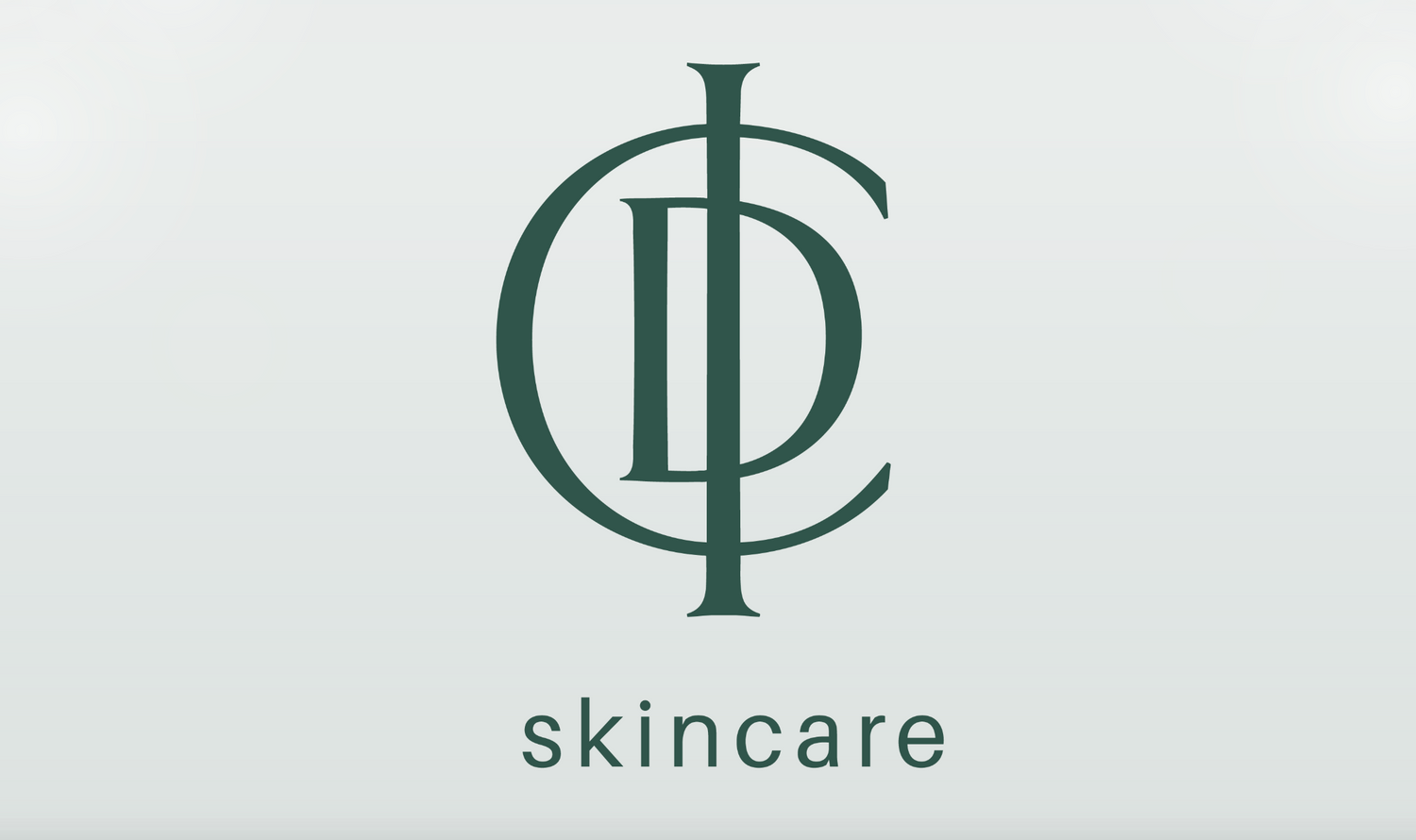Sensitive skin. It’s a term we hear often, but what does it truly mean? For those who experience it, sensitive skin is more than just an occasional reaction; it's a constant state of heightened reactivity, making skincare a delicate balancing act. This comprehensive guide delves into the nuances of sensitive skin, exploring its causes, symptoms, prevention, and the ideal skincare routine to soothe and protect your delicate complexion.
What is Considered Sensitive Skin?
Sensitive skin isn't a medical diagnosis but rather a descriptor for skin that is more prone to irritation and adverse reactions. It's characterized by a compromised skin barrier, the outermost layer of skin responsible for protecting against external aggressors like pollutants, allergens, and irritants. When this barrier is weakened, it allows these substances to penetrate more easily, triggering inflammation, redness, itching, burning, and dryness.
Sensitive skin can manifest in various ways, including:
- Redness: Persistent or flushing redness, often appearing on the cheeks, nose, or forehead.
- Dryness and flakiness: Skin that feels tight, rough, and prone to peeling.
- Itching and burning: Uncomfortable sensations that can range from mild to intense.
- Stinging and tingling: A sharp or prickling sensation after applying certain products.
- Rashes and bumps: Small red bumps or hives that can appear in response to irritants.
- Increased sensitivity to sun exposure: Burning or irritation more easily than normal.
Why Do You Have Sensitive Skin? Unraveling the Causes
Several factors can contribute to sensitive skin:
- Genetics: A predisposition to sensitive skin can be inherited. If your family has a history of eczema, rosacea, or allergies, you may be more likely to have sensitive skin.
- Environmental factors: Exposure to harsh weather conditions (wind, cold, sun), pollution, and dry air can weaken the skin barrier.
- Over-exfoliation and harsh products: Using abrasive scrubs, chemical peels, or products containing harsh ingredients like sulfates, fragrances, and alcohol can strip the skin of its natural oils and damage the protective barrier.
- Underlying skin conditions: Conditions like eczema, rosacea, psoriasis, and contact dermatitis can cause or exacerbate skin sensitivity.
- Allergies and irritants: Certain substances, such as fragrances, dyes, preservatives, and metals, can trigger allergic reactions or irritant contact dermatitis.
- Hormonal changes: Fluctuations in hormones, such as during pregnancy, menopause, or menstruation, can affect skin sensitivity.
How Do You Know If Your Skin is Sensitive? Recognizing the Signs
If you frequently experience any of the following, you likely have sensitive skin:
- Your skin reacts negatively to many skincare products, causing redness, itching, or burning.
- You experience stinging or burning sensations after cleansing or applying moisturizer.
- Your skin is often dry, tight, and flaky.
- You have visible redness or flushing, especially on the face.
- You have a history of eczema, rosacea, or allergies.
- You react negatively to fragrances or dyes in skincare products.
A simple test to determine sensitivity is the "patch test." Apply a small amount of a new product to a discreet area, such as the inside of your wrist or behind your ear, and observe for any reactions over 24-48 hours. If you experience any redness, itching, or burning, discontinue use.
Can You Prevent Sensitive Skin? Minimizing Irritation and Strengthening the Barrier
While you can't entirely change your genetic predisposition, you can take steps to minimize irritation and strengthen your skin barrier:
- Choose gentle skincare products: Opt for fragrance-free, hypoallergenic, and dermatologist-tested products specifically formulated for sensitive skin.
- Avoid harsh ingredients: Steer clear of sulfates, alcohol, fragrances, dyes, and harsh exfoliants.
- Moisturize regularly: Keeping your skin hydrated is crucial for maintaining a healthy skin barrier.
- Protect your skin from the sun: Wear broad-spectrum sunscreen with an SPF of 30 or higher daily.
- Avoid over-exfoliation: Limit exfoliation to once or twice a week with a gentle scrub or chemical exfoliant.
- Be mindful of environmental factors: Protect your skin from harsh weather conditions by wearing protective clothing and using a humidifier in dry environments.
- Manage stress: Stress can exacerbate skin sensitivity. Practice relaxation techniques like yoga or meditation.
What Products to Use for Sensitive Skin: A Soothing Skincare Routine
A gentle and consistent skincare routine is essential for managing sensitive skin. Here’s a suggested approach:
-
Cleansing: Choose a gentle, fragrance-free cleanser that won't strip your skin's natural oils. Avoid harsh soaps and scrubbing. Our Incellderm Cleansers are great options as they are designed to gently remove impurities without disrupting the skin's natural balance.
-
Toning (Optional): If you use a toner, opt for an alcohol-free and hydrating formula. Our Radiansome 100 Microfluidizer Toner is a great choice; there is no ethanol, denatured alcohol, or isopropyl alcohol meaning there is no drying or irritating alcohols present.
-
Serum: Serums can deliver concentrated ingredients to address specific concerns. For sensitive skin, look for calming and hydrating serums containing ingredients like hyaluronic acid, ceramides, or Centella Asiatica. We love our Incellderm EX serum which contain all the above gentle ingredients.
-
Moisturizing: A good moisturizer is crucial for maintaining a healthy skin barrier. Choose a fragrance-free, hypoallergenic moisturizer like the Incellderm Active Cream EX that is rich in emollients and humectants.
-
Sun Protection: Daily sunscreen is non-negotiable, even on cloudy days. Choose a broad-spectrum sunscreen with an SPF of 30 or higher that is formulated for sensitive skin. Check our our Incellderm Aqua Protection Sunscreen designed to be gentle with strong coverage.
-
Masks (Occasional): When using masks, opt for gentle, hydrating options like sheet masks or clay masks formulated for sensitive skin. Avoid harsh clay masks or those containing fragrances. The Incellderm Collagen 100 Melting Sheet could be a good option for occasional use as it focuses on hydration and collagen delivery.
Key Ingredients to Look For:
- Hyaluronic Acid: A powerful humectant that attracts and retains moisture.
- Ceramides: Lipids that help strengthen the skin barrier.
- Centella Asiatica: A soothing and anti-inflammatory ingredient.
- Niacinamide: A form of vitamin B3 that helps strengthen the skin barrier and reduce redness.
- Glycerin: A humectant that draws moisture to the skin.
Ingredients to Avoid:
- Sulfates (SLS, SLES): Harsh cleansing agents that can irritate sensitive skin.
- Alcohol (especially denatured alcohol): Can dry out and irritate the skin.
- Fragrances and dyes: Common irritants for sensitive skin.
- Harsh exfoliants (scrubs, harsh chemical peels): Can damage the skin barrier.
Living with sensitive skin requires careful attention to product selection and skincare habits. By understanding the causes and symptoms of sensitive skin and following a gentle and consistent skincare routine, you can soothe irritation, strengthen your skin barrier, and achieve a healthy, radiant complexion. Remember to always patch test new products and consult a dermatologist if you have persistent or severe skin concerns.





